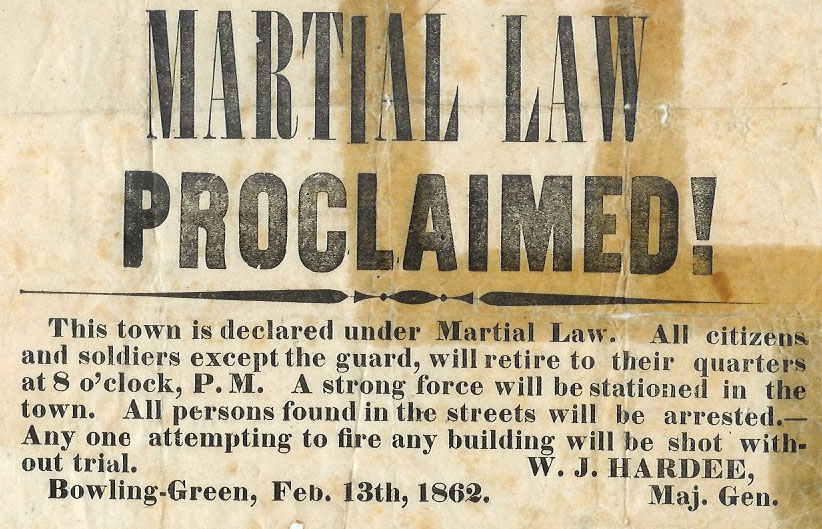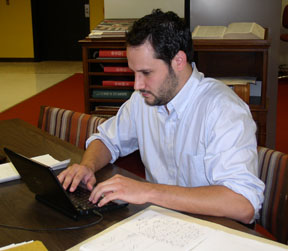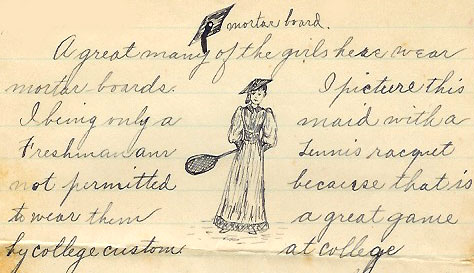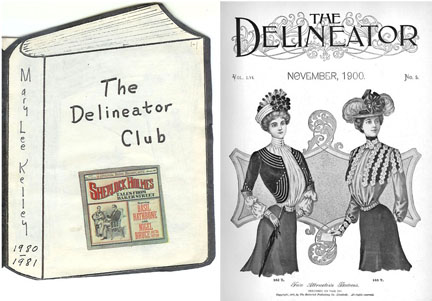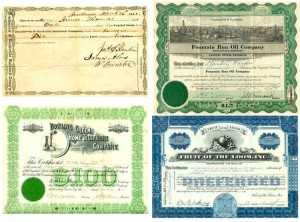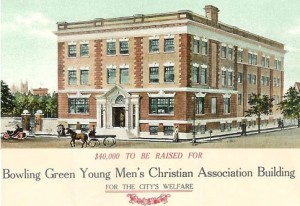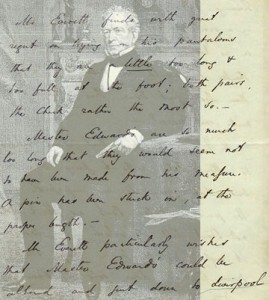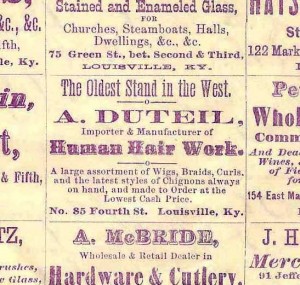
Freeman Kitchens, Drake Vintage Music & Curios, & Jenn Jameson
WKU’s Special Collections Library is hosting a new exhibit, “Yours for the Carters”: The Vintage Sound Collections of Freeman Kitchens.
For more than 60 years, Freeman Kitchens has collected and sold country music recordings at his store, Drake Vintage Music & Curios, in Drake, Kentucky, just south of Bowling Green. Kitchens is also the founder and president emeritus of the official fan club of the legendary Carter Family. Kitchens’ collection of rare artifacts and the club’s devotion to the careers of the Carters and other artists has earned Drake Vintage Music & Curios a unique place in the preservation and celebration of American country music.
“Yours for the Carters”: The Vintage Sound Collections of Freeman Kitchens is curated by WKU folklife graduate student Jennifer Joy Jameson. In her blog about the project, she writes: “I’ve spent the last 10 or so months occupying Freeman’s perfectly good weekend hours; snapping portraits, bugging him about names, places, sounds and sights, while listening to some of his best records together–all in the name of researching the history of his shop, his recordings, and the vibrant legacy of grassroots music journalism and documentation that he’s fostered through the Carter Family Fan Club.”
The exhibit will feature a sampling of letters, publications, photos, artifacts and multimedia items from Mr. Kitchens’ store, as well as artifacts from the folklife collections of the Special Collections Library.
“Yours for the Carters”: The Vintage Sound Collections of Freeman Kitchens is open from August 22 to November 11, 2011. On August 27, an opening reception from 3 p.m. – 6 p.m. will feature refreshments, entertainment by Nashville’s Hogslop String Band and, afterward, an excursion to Drake Vintage Music & Curios. All are invited!
Click here and here to download finding aids for collections relating to Freeman Kitchens in the Special Collections Library’s Folklife Archives.

